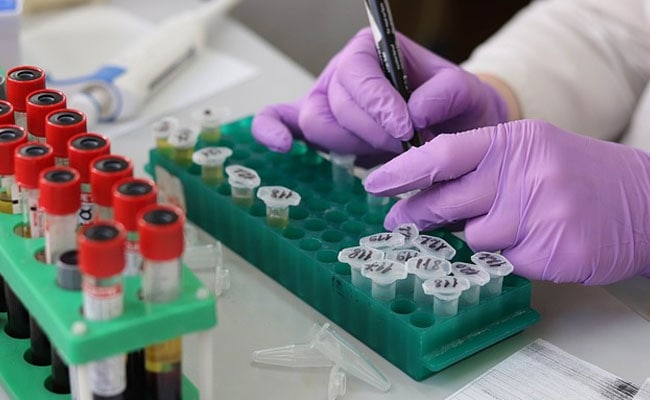
Chinese scientists have discovered new viruses on the island of Hainan.
Chinese scientists have discovered eight never-before-seen viruses on Hainan, a tropical island off the southern coast of China. The viruses were found in rodents, and experts have warned that they have a “high probability” of infecting humans if they ever cross the species barrier.
The discovery was made by researchers tasked with preparing the world for future pandemics. They took almost 700 samples from rodents on Hainan and found eight novel viruses. One of the viruses belongs to the same family as SARS-CoV-2, the virus that causes COVID-19.
The findings were published in the journal Virologica Sinica, which is edited by Dr Shi Zhengli, a scientist known as “Bat Woman” for her work on bat coronaviruses. Scientists have called for further experiments on the viruses to determine exactly what their effects on humans could be.
Also Read | China’s Top Virologist Warns Against Another COVID-Like Pandemic: “Highly Likely”
According to The Metro News, the journal Virologica Sinica is the publishing arm of the Chinese Society for Microbiology (CSM). CSM is linked to the state-affiliated China Association of Science and Technology, which ‘accepts administrative supervision’ from the Chinese Government’s ‘Ministry of Civil Affairs’.
The new study analysed 682 anal and throat swabs collected from various rodents captured on Hainan between 2017 and 2021. These samples, which were categorised by specific rodent species and location on the island, were then sent to labs to be examined.
Analysis revealed a host of new ‘novel’ viruses, including one new coronavirus that the experts dubbed CoV-HMU-1.
The identification of these new viruses serves as a strong reminder of the existence of countless unidentified pathogens, some of which may pose a potential risk to human health.




